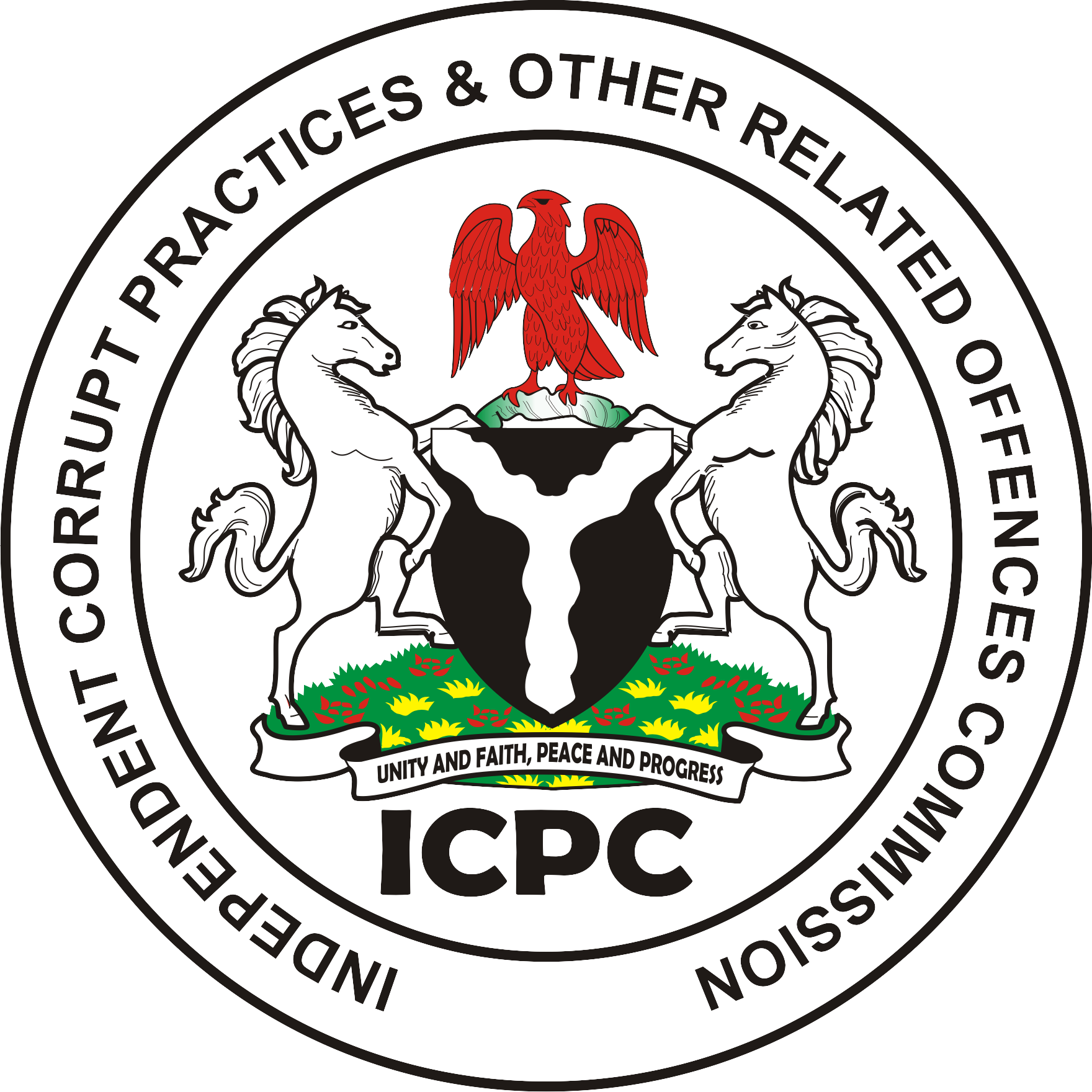
By Aminat Aminu
It is no longer news that the downstream sector has continued to experience a partial deregulation over the years without any specific significant change.
Four days ago, the International Monetary Fund (IMF) advised the Nigerian government to fully remove fuel subsidy and move to a market-based pricing mechanism in early 2022 as stipulated in the 2021 Petroleum Industry Act (PIA) rather than using delay tactics on the issue of subsidy removal.
It is of note that the IMF, in its 2021 Article IV Mission statement released by the government projected that Nigeria’s fiscal deficit would widen in 2021 to 6.3 per cent of Gross Domestic Product (GDP), despite high oil prices.
A situation which is indeed a pointer to the Federal Government of Nigeria indicating that the country is sitting on a timebomb waiting to explode without the timely removal of subsidy on petroleum products.
Although there has been an attempt to remove fuel subsidy in the past without result, as a result of resistance for the part of the Nigerian citizenry in May 2016, a time when petrol pump prices were hiked by around 68 per cent from N87/litre to N145/litre and many assumed this signaled full deregulation. But however, this failed due to a lack of political will to end the subsidy regime at a time when the exchange rate and landing cost of fuel was between N280 and N285/US$1.
One wonders why the government lacks the political will to have full deregulation of the sector with total removal of subsidy at a time when the country is experiencing a continual devaluation in the currency and an increase in crude prices in the international market, which implies that there is currently an increase in the landing cost of fuel upon which the NNPC said necessitated the continuation of the subsidy regime.
Speaking to our reporter in Abuja, Mr. Chukwuemeka Ogah, a business mogul and an oil Industry expert likened the subsidy regime to be more dangerous and deadlier than chronic cancer which has eaten into the system of its patient while waiting for the patient (Nigeria) to die an untimely death.
According to Ogah, the current removal of fuel subsidy would go a long way in writing the name of President Muhammadu Buhari and his administration on the sands of time, as the total removal of subsidy is the sure way to ensure that the enemies of the country do not succeed in further impoverishment of the country under the guise of fuel subsidy.
“Can you imagine that currently, the fiscal deficit of Nigeria is projected at 3.93 per cent and 3.39 per cent of GDP in Nigeria’s 2021 and 2022 budgets respectively, and yet our government is saying we should wait till the next year 2022 before we can remove subsidy.
“This is even as the IMF said a complete removal of regressive fuel subsidy would go a long way in providing adequate compensatory measures for the poor, especially from the ongoing COVID-19 pandemic, weak security situation, and spending pressures. A situation which can pose a great risk on the wealth of the country.”
Ogah further alluded that there is no better time for President Muhammadu Buhari to put an end to fuel subsidy reign than now.
He continued: “It is high time for the government to remove hand in business by removing fuel subsidy totally and empower the private sector to create job, and wealth in our country. This would help in the growth and development of our economy.”
Ogah added that the removal of fuel subsidy will help return the fortune of the country as he urge his fellow Nigerians to see the need and support the federal government on the removal of fuel subsidy.



